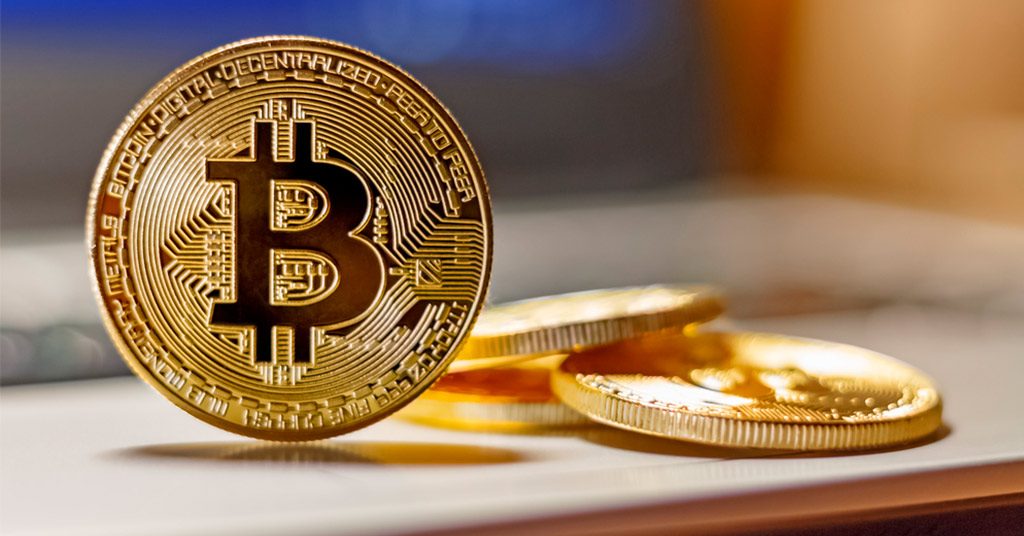If you’re looking to køb af bitcoin in Denmark, there are a few things to keep in mind. Cryptocurrencies are a growing market in Denmark, and there are many exchanges to choose from.
There are a number of factors to consider when choosing an exchange, including the exchange’s user experience and security features. In addition, you’ll need to consider the fees and regulatory requirements for buying cryptocurrencies in Denmark.
Legality
The legality of buying bitcoin in Denmark is largely dependent on your intentions and the rules governing the crypto exchange you choose to use. The majority of exchanges require you to verify your identity and address as part of the Know Your Customer (KYC) process, so it’s essential that you have a strong identity document with you when signing up.
Under Danish law, crypto-assets are generally not classified as financial instruments or electronic money. As such, the regulation of activities related to crypto-assets is limited under Danish law.
As with any financial intermediary, those providing services related to crypto-assets must comply with general Danish laws (e.g., the marketing regime, contractual law, the GDPR, consumer protection laws), and may be regulated by several regulators. In addition, certain virtual currency service providers are subject to the Danish Act on Measures to Prevent Money Laundering and Financing of Terrorism. Non-compliance with these laws can be enforced with fines and imprisonment.
Taxes
If you are a Danish resident and are buying, selling or trading cryptocurrencies you may be subject to taxes. These include income tax and capital gains tax.
If your crypto-assets are deemed to be speculative, you will need to report your profits on box 20 of your income tax assessment and your losses on box 58. The profits will be taxed at your personal income tax rate and the losses will be deducted.
However, if you are paying a trading fee on your purchases you can add this to your cost basis and this can reduce your taxes. Similarly, if you are paid in cryptocurrency as a freelancer it will be taxed like any other form of currency.
If you are a Denmark tax resident and are trading cryptocurrencies, you need to make sure that you keep records of all your transactions. This will ensure that you can calculate your profits and losses correctly if an audit is carried out by the Danish Tax Agency.

Exchanges
Whether you’re a crypto newbie or an experienced investor, there are plenty of exchanges to choose from. The best way to find the right one for you is to explore their features, fees, security, and payment methods.
Typically, you’ll need to provide personal details and a form of ID to verify your identity before you can sign up for an account. This is a standard requirement for any exchange that is regulated in Denmark, and it can take as little as a few minutes to complete.
Once you’ve chosen an exchange, the next step is to fund your account. Most exchanges accept a variety of payment methods, including bank transfers and credit and debit cards. Depending on the exchange, these may take a few days to process.
Wallets
There are many different wallets available to buy bitcoin in Denmark https://www.bybit.com/en-US/ . You can use a hardware wallet, such as the Ledger Nano S, or a crypto exchange like Binance. All of these wallets will keep your private keys offline and secure.
Another option is a peer-to-peer exchange, such as LocalBitcoins. These sites allow you to trade with other users in your area, although this can bring some risk.
Regardless of your preferred method, you will need a crypto wallet to store your funds safely. Many exchanges offer built-in wallets, but it’s recommended to withdraw your coins to a personal cold wallet.
There are several exchanges in Denmark that allow you to buy bitcoin, with the most popular being Binance and Kraken. These exchanges have a wide range of features and a user-friendly interface. They also have low fees and accept a variety of cryptocurrencies.

